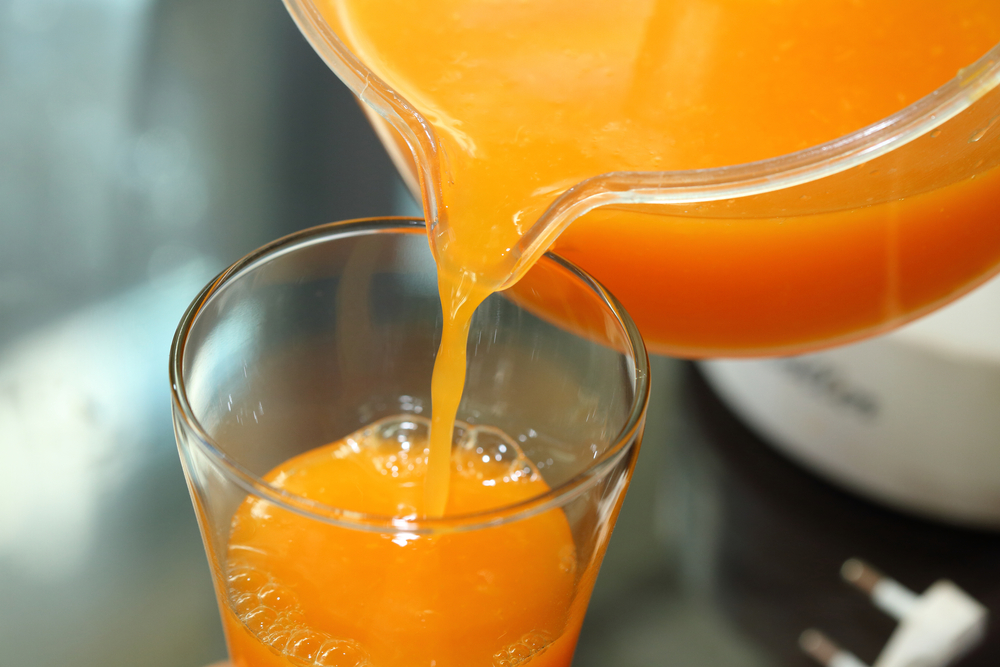Many fruit juice products contain misleading ingredients.
Others are reading now
Do you start your morning with a tall glass of fruit juice to kickstart your day?
If you’re like many fruit juice lovers who prefer convenience over making juice from scratch, you might have noticed something peculiar on the ingredient list: apple juice as a key component in juices like pineapple or passion fruit.
This common practice has a name: “applejuicification.”
Applejuicification refers to the use of apple juice as the main ingredient in fruit juices and smoothies, even when the packaging suggests otherwise.
Also read
The Association for Consumer Protection (VKI) recently examined 13 fruit juice products from supermarkets, discount stores, and health food stores to compare the ingredient lists with the product packaging.
Misleading Ingredients
The VKI’s findings reveal that inexpensive ingredients such as grape, orange, or apple juice are present in all the examined products, often in large quantities.
Despite packaging promoting other fruits like pineapple or passion fruit, many of these juices primarily contain apple juice.
In five of the products, apple juice accounts for over 60% of the content.
-
Innocent Inner Winner: Contains 70% apple juice and 10% pear juice. The exotic ingredients like lychee juice (4.5%), dragon fruit puree (3.2%), and baobab puree (0.41%) are present in small amounts despite being highlighted on the label.
-
Firefly Still Kiwi, Lime & Mint: Leads in grape juice content with around 47%, but the namesake fruits are present in much smaller quantities (1.4% kiwi, 2.5% lime, and natural mint flavor).
The Issue of Misleading Labels
Manufacturers often justify the discrepancy between the product presentation and the actual composition by stating that the product names reflect the flavor or taste consumers can expect.
But the high proportion of cheaper ingredients like apple juice raises questions about transparency.
VKI nutritionist Teresa Bauer explains to Kurier, “Apple juice is cheap, provides a liquefied drinking experience in smoothies, and has a good sweetness. All in all, it is perfect for saving on more expensive ingredients.”


